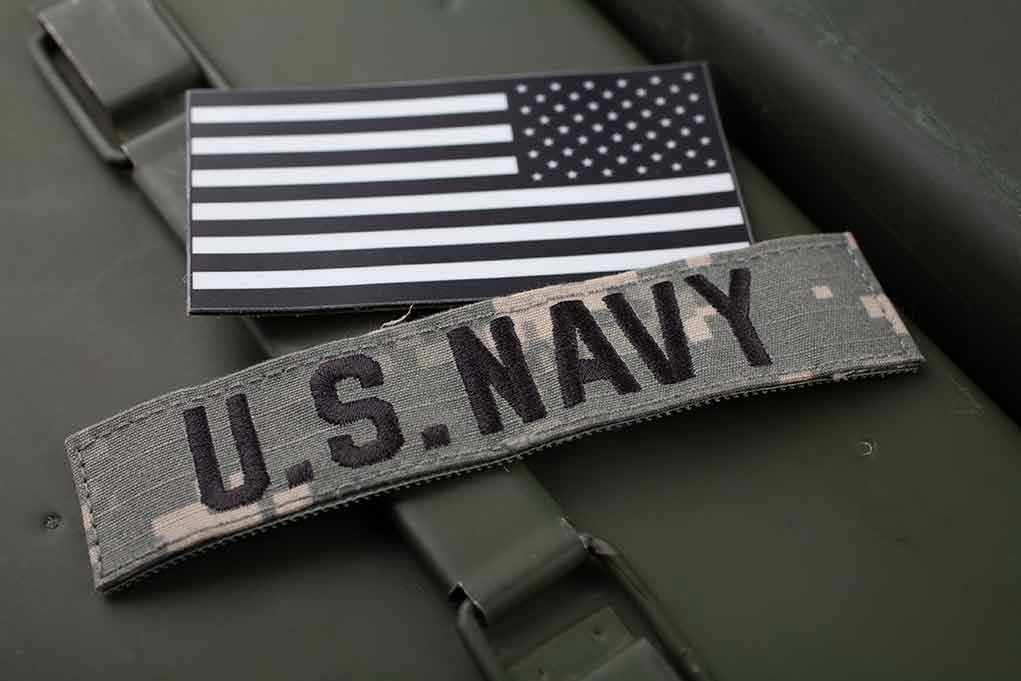
Congressional leaders are sounding the alarm over secret Navy studies and alleged neglect of brain injuries among elite pilots, raising urgent questions about transparency and military accountability for those who risk everything to defend the nation.
Story Snapshot
- House Oversight Committee accuses Navy of neglecting brain injuries and mental health risks among aviators.
- Secret Navy study “Project Odin’s Eye” revealed, sparking bipartisan demand for transparency and reform.
- Recent suicides among Super Hornet pilots intensify scrutiny of military medical practices and leadership.
- Congress pushes for full accountability and comprehensive documentation from the Navy.
House Panel Challenges Navy Transparency on Aviator Health Risks
Leaders of the House Oversight Committee have launched a public investigation into the Navy’s handling of psychological and neurological health risks among its pilots, citing failures to fully address traumatic brain injuries (TBIs) and mental health issues. The Committee, led by Chair James Comer and Rep. William Timmons, sent a formal letter to Navy Secretary John Phelan and acting Secretary Terence Emmert, demanding all relevant documents and data dating back to January 2023. Lawmakers argue the Navy has not provided Congress with adequate information regarding the health and welfare of military pilots, raising concerns about institutional neglect and lack of transparency.
Navy accused of neglecting brain injuries among pilots in new House probe https://t.co/t6bIdVQDHM
— Fox News Politics (@foxnewspolitics) August 28, 2025
The issue gained national attention after a series of suicides among Navy Super Hornet pilots in early 2025, underscoring the urgent need for comprehensive mental health evaluations and support for those serving in high-risk flight operations. Lawmakers’ demands intensified following revelations of “Project Odin’s Eye,” an internal, unauthorized Navy study examining TBIs among TOPGUN pilots. This secret project was not formally approved by Navy Medical or Air Commands, further fueling concerns about oversight and the chain of command. Congressional leaders now seek to determine whether Navy leadership was fully aware of such studies or the scope of the underlying health crisis among aviators.
Military Aviation’s Longstanding Psychological Demands
Military aviation has always imposed intense physical and psychological demands on pilots, with high G-forces, rapid altitude changes, and operational stress contributing to increased risk of TBIs and cognitive dysfunction. Over recent years, reports of mental health struggles and suicides among aviators have grown, prompting greater congressional scrutiny and renewed calls for systematic change. The current investigation fits into a broader national debate on military mental health, as lawmakers and advocacy groups push for destigmatization and improved access to care for service members and veterans. Past congressional hearings and investigations have highlighted systemic gaps in support, making the Navy’s recent actions especially concerning.
Former aviators and veterans have criticized both the military and the Veterans Affairs Department for bureaucratic hurdles that prevent timely recognition and treatment of service-related injuries. The stakes are high, as lapses in care not only endanger the lives of those serving but also threaten military readiness and national security. Congress, leveraging its oversight authority, is pressuring the Navy to comply with requests for information and to undertake meaningful reforms that prioritize personnel welfare over bureaucratic inertia or institutional secrecy.
Implications: Readiness, Reform, and Accountability
The House investigation promises immediate and long-term consequences. In the short term, the Navy faces increased scrutiny of its medical and operational practices. There is potential for interim policy changes, and the heightened media focus ensures continued public pressure for transparency. Over the long term, the outcome could include legislative reforms mandating comprehensive mental health assessments, improved reporting protocols, and enhanced support structures for affected aviators and their families. Broader impacts may extend to civilian aviation, with lessons learned potentially influencing mental health policies industry-wide.
Expert voices from the aviation and medical communities have long warned about the risks of TBIs and psychological stress in high-performance flight environments. Many criticize the lack of coordination and transparency within military health systems, as seen with the undisclosed Project Odin’s Eye. While some argue the Navy is making progress, the prevailing consensus is that without robust congressional oversight and public accountability, service members will continue to face unnecessary risks. The investigation’s outcome will test whether the military can uphold its duty to those who defend American freedom or whether institutional inertia will prevail.
Sources:
Navy accused of neglecting brain injuries among pilots in new House probe
Brain injury navy pilots: House panel investigation
NBAA Welcomes House Committee Passage of Pilot Mental Wellness Legislation
Mental Health in Aviation Act: Congressional Budget Office Report




